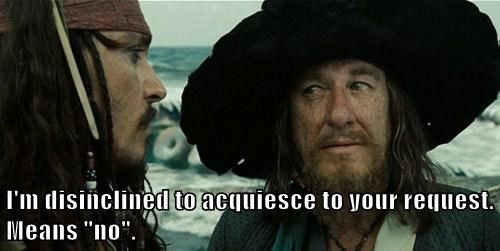a motion to dismiss is standard at this stage because if not made its waived.
these motions also serve to narrow the case going forward.
I can't find her motion, but at this stage, in plain english, it would amount to a legal argument that, even assuming Winston's factual allegations are true, that the law does not recognize a recoverable claim under the circumstances. She is probably arguing that she has some sort of privilege to make false criminal complaints, that its not defamation because he is a public figure, etc., which contradicts her statement to police that she did not know him. I'm really grasping here, because i don't think she has a case.
separately, she would bring affirmative defenses. Truth is an affirmative defense to a defamation action, but "affirmative" means that she would have to actually prove that her allegations are true. that requires a trial, and therefore is not a basis to dismiss his suit at this point. Truth is a well established defense, and is legally viable in the right case. However, the facts demonstrate that her claims are not true, so I don't expect her to win on this ground.


